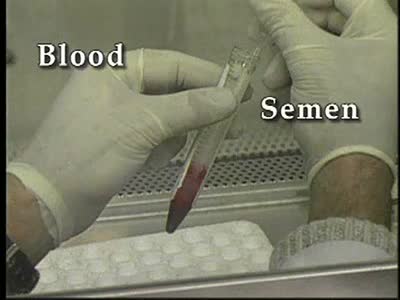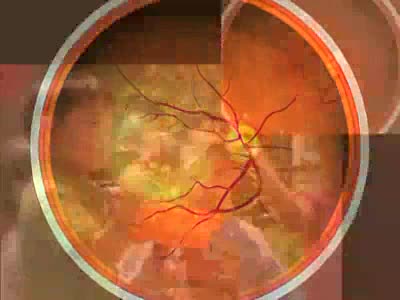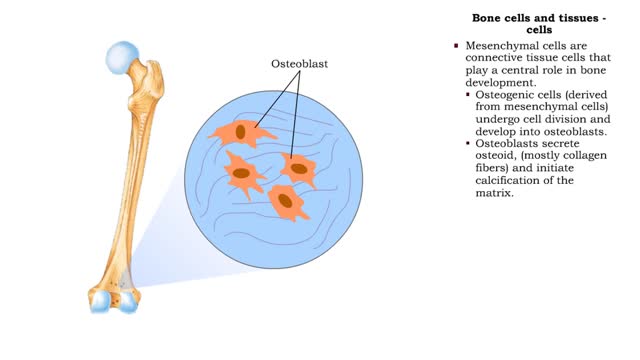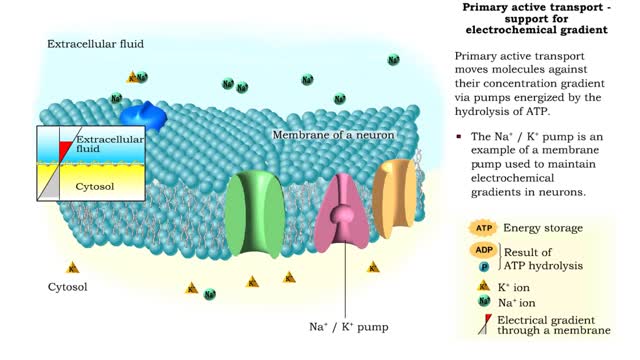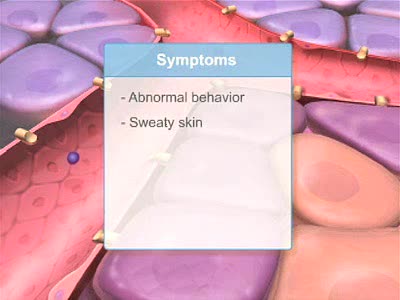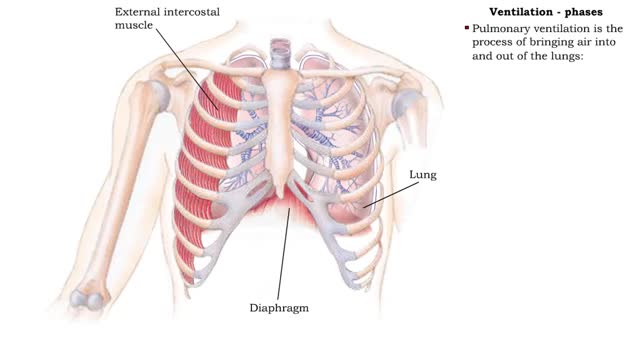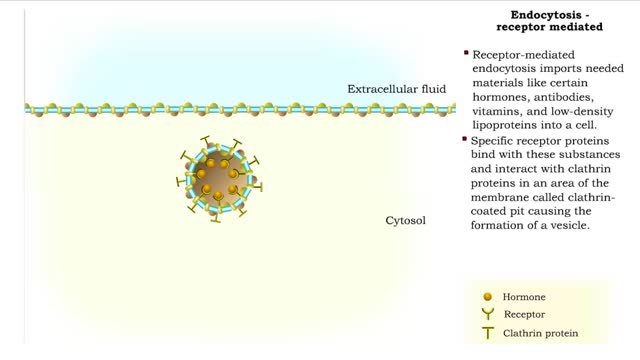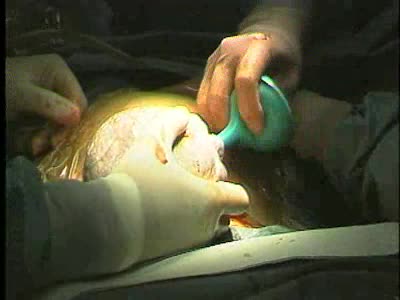Search Results
Results for: 'Introduction to renal processes'
Introduction to Human Immunodeficiency Virus (HIV)
By: Administrator, Views: 14626
Human immunodeficiency virus gains entry into helper T cells, uses the cell DNA to replicate, interferes with normal function of the T cells, and destroys the normal cells. 1 in 10 persons with AIDS: age 50 or older. 4% of all AIDS cases: age 65 or older. AIDS’ main form of treatment: an...
Introduction to Macular Degeneration
By: Administrator, Views: 14749
Macular degeneration An incurable, age-related, progressive eye disease that affects more than 10 million Americans. Leading cause of blindness for those ages 55 and older. Macular degeneration For the first time, researchers have linked gene defects to macular degeneration. Could lead to ...
Bone cells and tissues - tissue composition and cells
By: HWC, Views: 12526
Bone tissue consists of bone cells secreting bone matrix. • The extracellular bone matrix is a connective tissue that is hard, yet flexible. • Collagen fibers provide flexibility. • Inorganic mineral salts (primarily calcium phosphate, or hydroxyapatite) provide hardness. • Togethe...
By: Administrator, Views: 14933
Hyposecretion or inadequate use of insulin may result in diabetes mellitus (DM). Hypersecretion of insulin may result in hyperinsulinism. Diabetes mellitus is the most common endocrine system disorder of childhood. Symptoms include: Polyuria Polydipsia Polyphagia Management of DM durin...
Primary Active Transport - electrochemical gradient and ion transport / water movement
By: HWC, Views: 11930
Energy derived from ATP changes the shape of a transporter protein which pumps a substance across a plasma membrane against its concentration gradient An electrochemical gradient is a gradient of electrochemical potential, usually for an ion that can move across a membrane. The gradient consis...
By: Administrator, Views: 16045
The islets of Langerhans are composed of three major types of cells: Alpha cells secrete glucagon, elevating blood sugar. Beta cells secrete insulin, maintaining normal blood sugar. Delta cells secrete somatostatin, which suppresses release of glucagon and insulin. Hyposecretion or inadequa...
Ventilation - phases and driving forces
By: HWC, Views: 11823
Respiration is the exchange of gases between the atmosphere, blood, and cells The combination of 3 processes is required for respiration to occur Ventilation (breathing) External (pulmonary) respiration Internal (tissue) respiration The cardiovascular system assists the respiratory system b...
Endocytosis - pinocytosis, receptor mediated and Transcytosis
By: HWC, Views: 11582
Pinocytosis is the process in which a cell "drinks" a tiny droplet Of extracellular fluid, including its solutes. Pinocytosis (Cell Drinking) is the process by which the cell takes in fluids (as well as any small molecules dissolved in those fluids). • The plasma membrane folds inward to...
By: Administrator, Views: 496
Caesarean section, also known as C-section, or caesarean delivery, is the use of surgery to deliver babies. A caesarean section is often necessary when a vaginal delivery would put the baby or mother at risk. This may include obstructed labor, twin pregnancy, high blood pressure in the mother, br...
Advertisement



